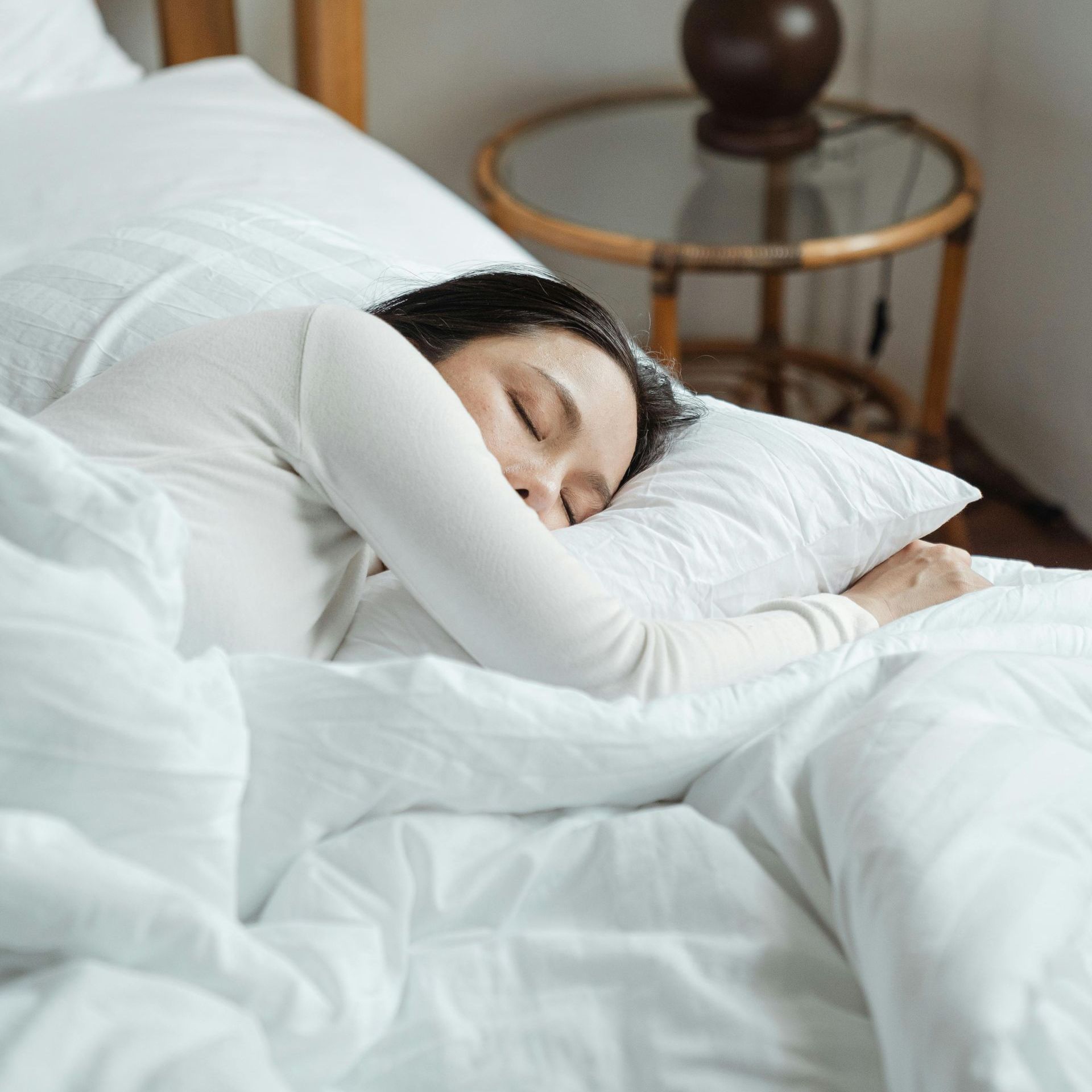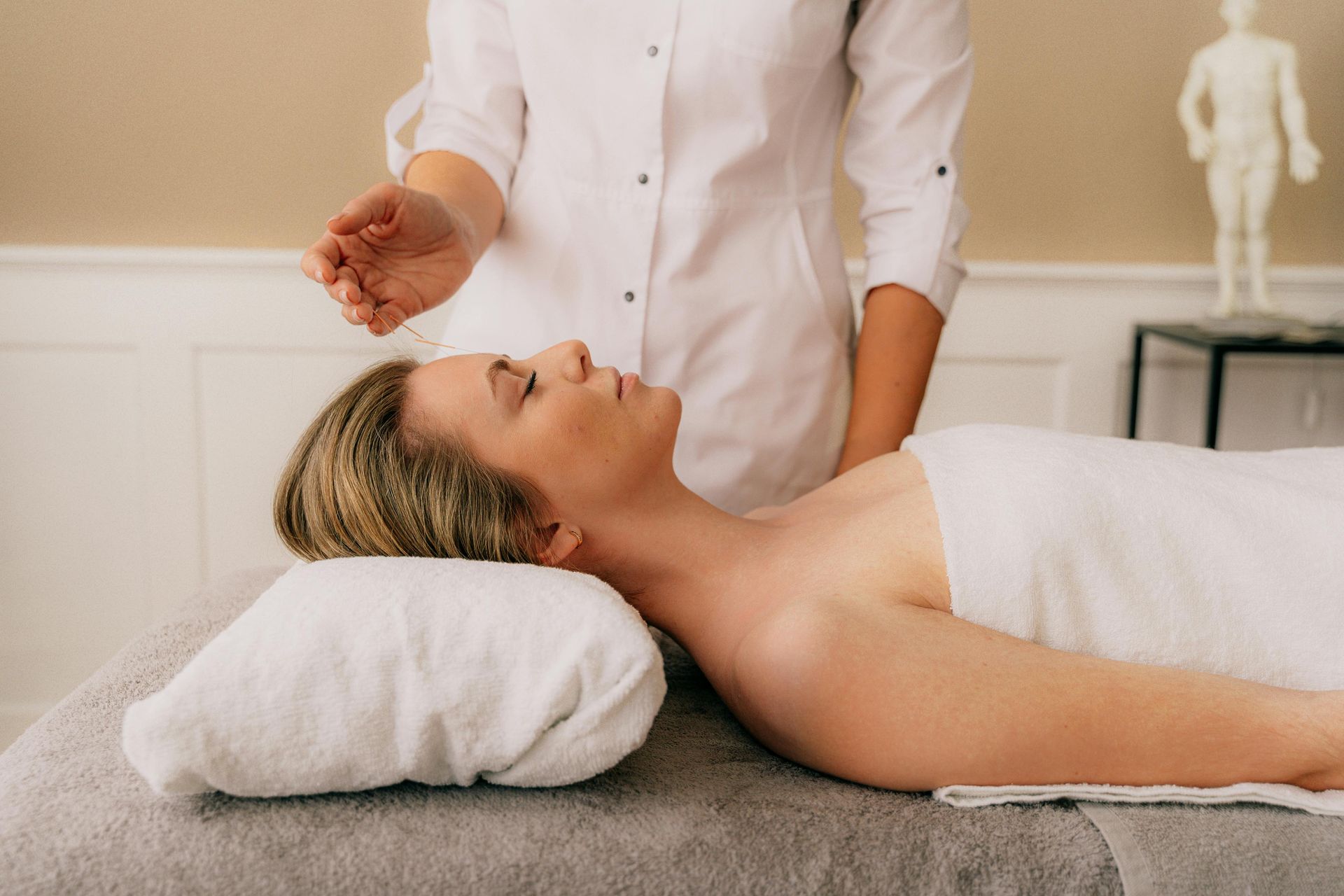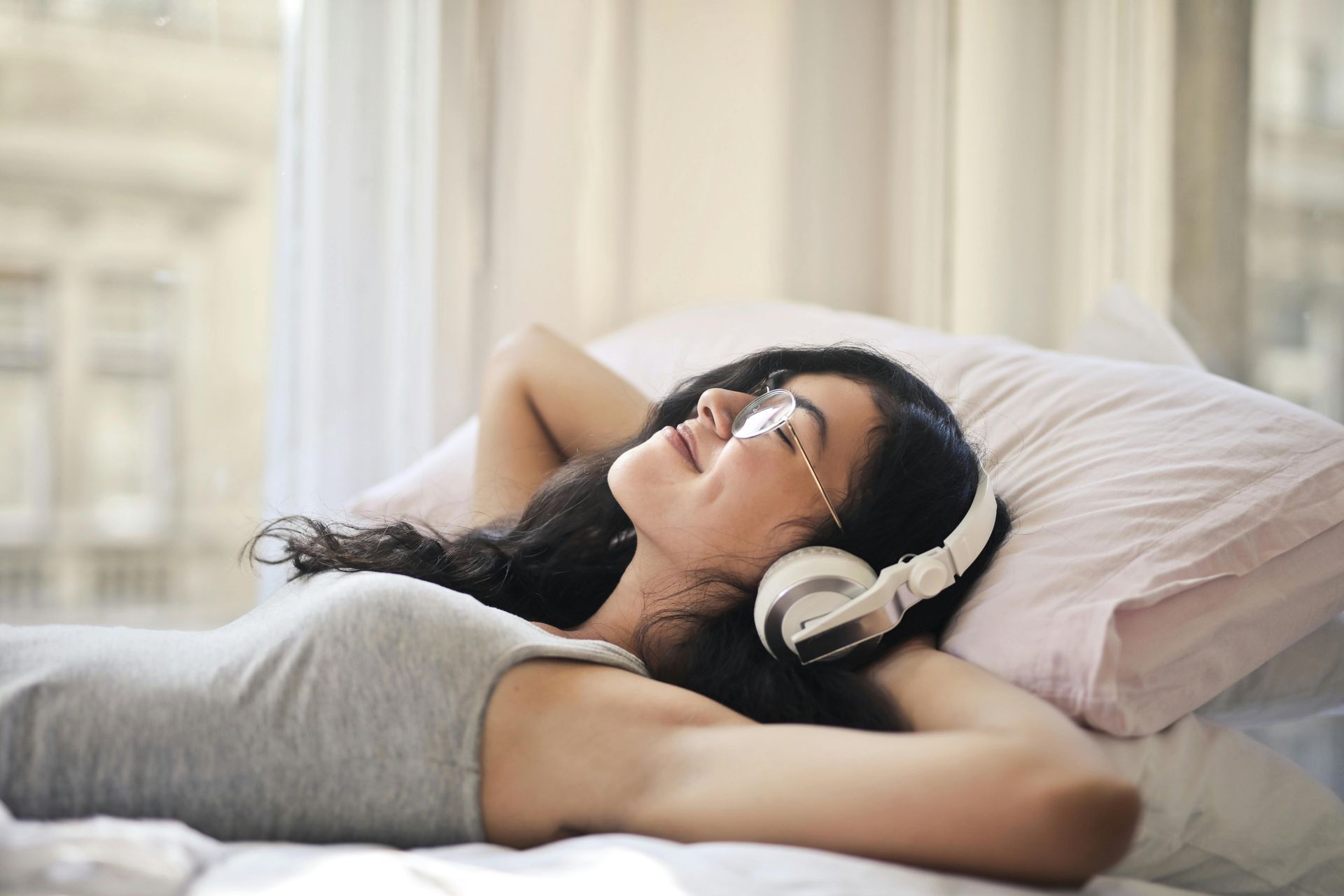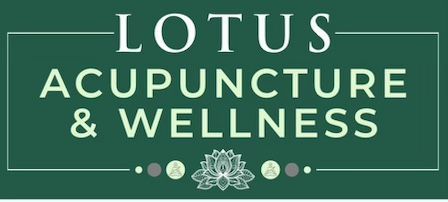Occasionally experiencing a sleepless night is normal, but when insomnia becomes a recurring issue, it can indicate a deeper imbalance and lead to other health concerns. Many people turn to prescription sleep medications, which may provide temporary relief but often come with side effects and the risk of dependency.
Acupuncture offers a
natural, effective alternative to improve sleep
without relying on medication. By addressing
underlying imbalances in the body, acupuncture can help
restore healthy sleep patterns and enhance overall well-being.
The Importance of Quality Sleep
- Reduce concentration and focus
- Lower energy levels
- Impair daily functioning
- Weaken the immune system, increasing vulnerability to illness

Tips for Healthy Sleep Habits
In addition to acupuncture, adopting these lifestyle habits can support better sleep:
- Stick to a consistent sleep schedule – Go to bed and wake up at the same time each day.
- Exercise regularly – Engage in physical activity, but avoid intense workouts close to bedtime.
- Limit large meals before bed – Eating too late can interfere with digestion and disrupt sleep.
- Avoid napping during the day – If you need to nap, keep it under 45 minutes.
- Reduce caffeine, alcohol, and nicotine intake – These can overstimulate the nervous system and disturb sleep.
- Create a relaxing bedtime routine – Wind down with activities such as meditation, gentle stretching, or reading.
How Acupuncture Helps with Insomnia
In Traditional Chinese Medicine (TCM), insomnia is viewed as a sign of an imbalance in Qi (pronounced “chee”), the vital energy that supports the body’s natural functions. Qi flows through meridian pathways, nourishing organs and tissues. When this energy is blocked or deficient, sleep disturbances and other symptoms can arise.
TCM Perspective: Organs Associated with Insomnia
Several key organ systems are linked to sleep regulation in TCM:
- Spleen Imbalance: Overthinking and excessive mental activity can weaken the Spleen Qi, making it difficult to fall asleep.
- Heart Imbalance: Anxiety and emotional distress can disrupt the Heart Qi, leading to difficulty staying asleep.
- Kidney Imbalance: The Kidneys and adrenal system regulate body temperature and energy levels. An imbalance may cause nighttime restlessness, alternating sensations of hot and cold, and disrupted sleep patterns.
Acupuncture works to
restore balance in these systems, addressing both the
root cause of insomnia and its symptoms.
What to Expect from Acupuncture Treatment
During a session, an acupuncturist will assess your overall health, lifestyle, and emotional well-being to determine the underlying cause of your sleep disturbances. Using fine, sterile needles, they will stimulate specific meridian points to:
- Regulate Qi flow for improved sleep quality
- Reduce stress and anxiety
- Calm the nervous system
- Promote relaxation and deep, restorative sleep
Additional therapies such as
aromatherapy, herbal medicine, meditation, or gentle yoga may also be recommended to
enhance treatment effectiveness.
Signs of Insomnia
If you regularly experience the following symptoms, acupuncture may help restore balance:
- Difficulty falling asleep
- Waking up frequently during the night
- Waking up too early and being unable to fall back asleep
- Daytime fatigue and irritability
- Mood swings and frustration
Most people find that acupuncture provides noticeable relief after just a few sessions, with continued improvements over time.

The Science Behind Acupuncture and Sleep
From a modern scientific perspective, acupuncture stimulates the nervous system, prompting the release of neurotransmitters and hormones that help regulate sleep cycles. It promotes the production of:
- Melatonin, which controls sleep-wake cycles
- Endorphins, which reduce stress and promote relaxation
- Serotonin and dopamine, which support emotional balance
By rebalancing these natural chemicals, acupuncture enhances the body’s ability to relax and achieve deep, restorative sleep.
Experience Restful Sleep Naturally

Acupuncture provides a safe, effective, and drug-free solution for improving sleep and overall well-being. Instead of masking symptoms, it works holistically to restore balance and address the root causes of insomnia.
If you’re ready to experience better sleep and improved health, schedule an acupuncture session today and take the first step toward a well-rested, revitalized life.


